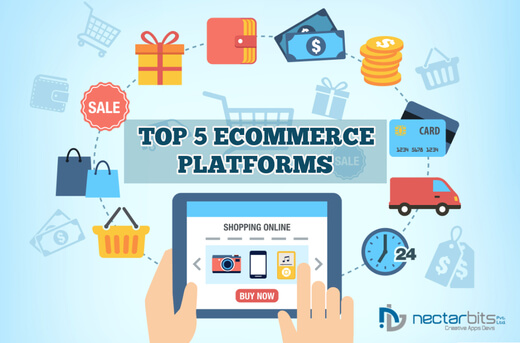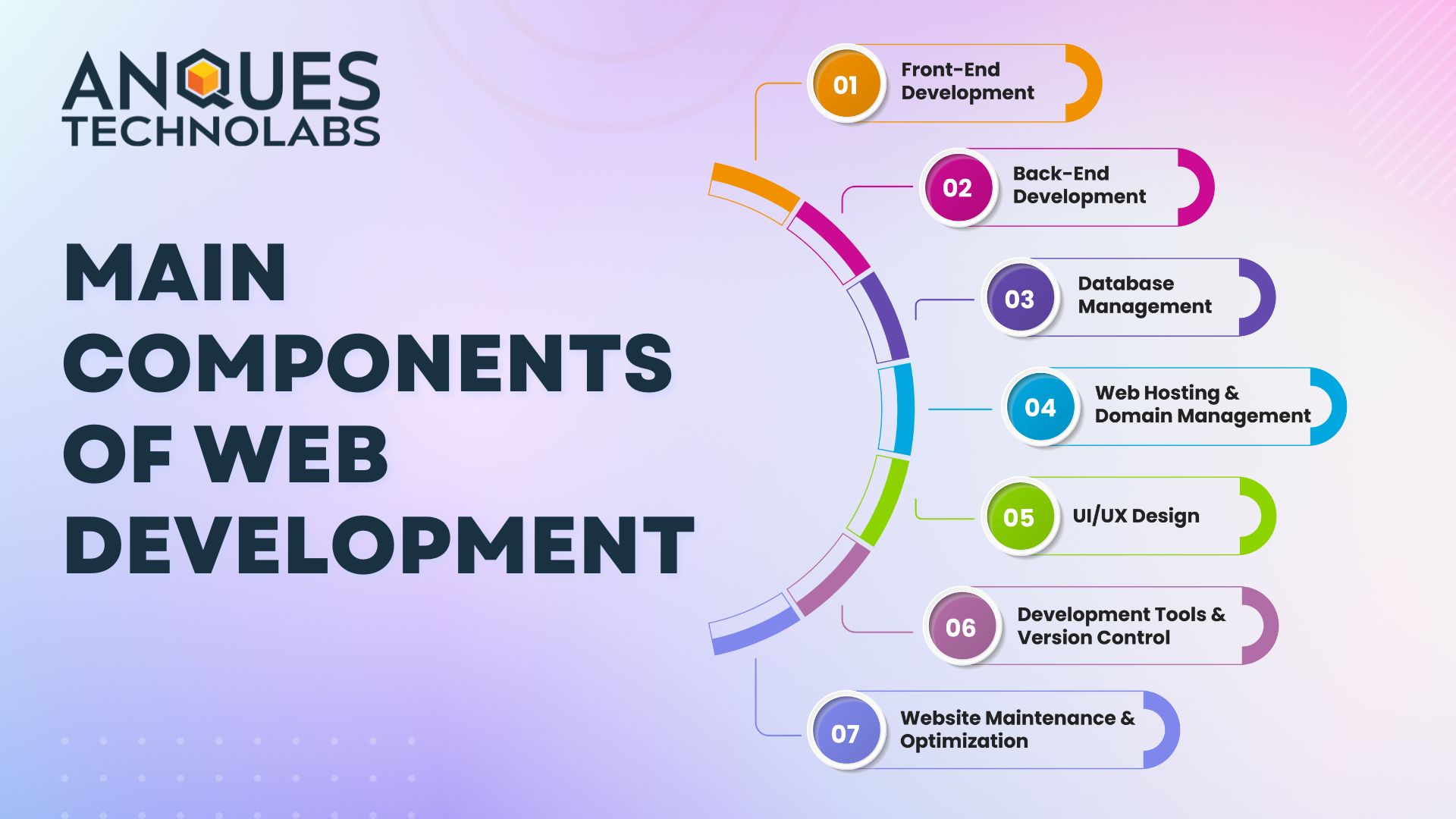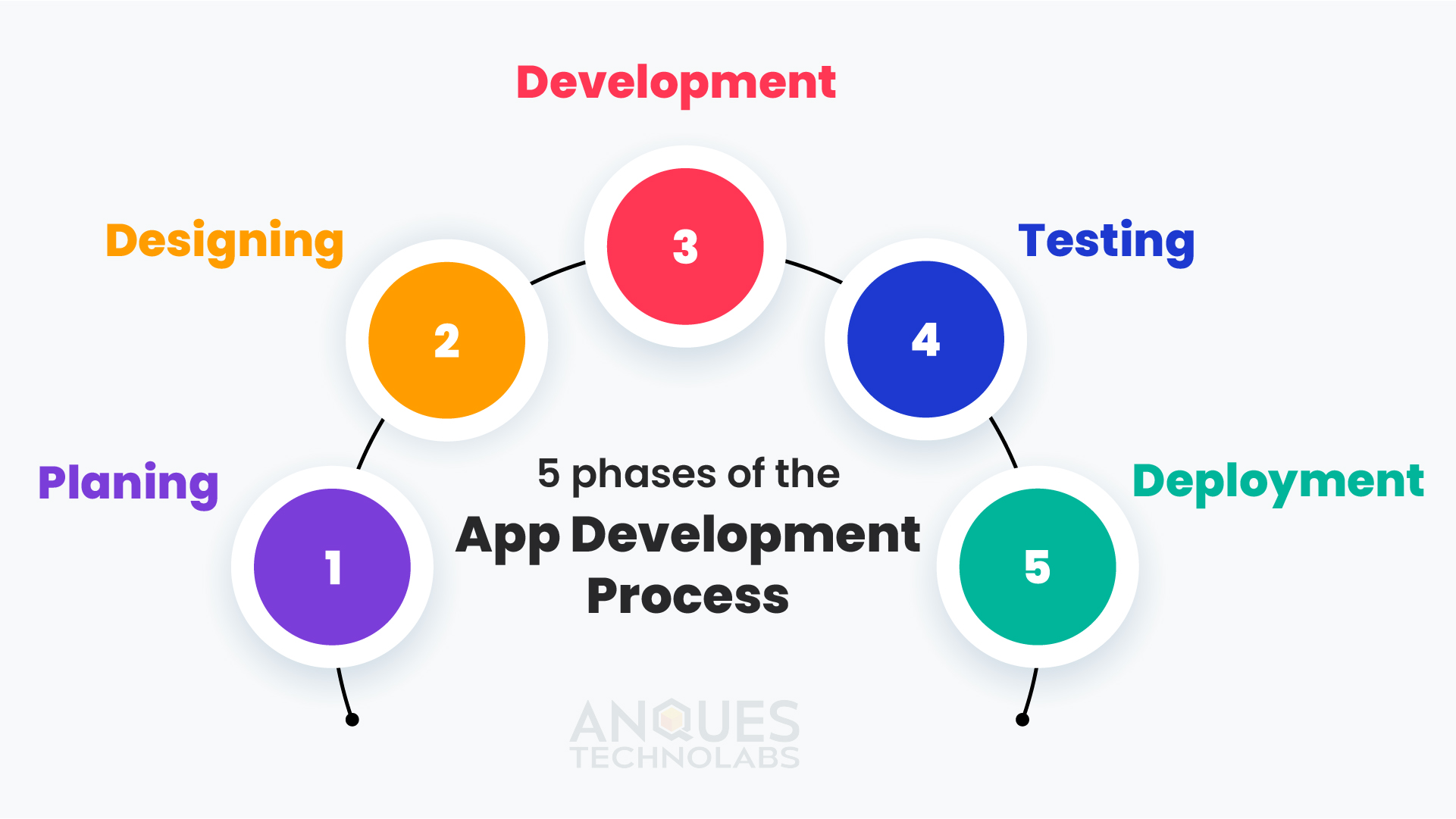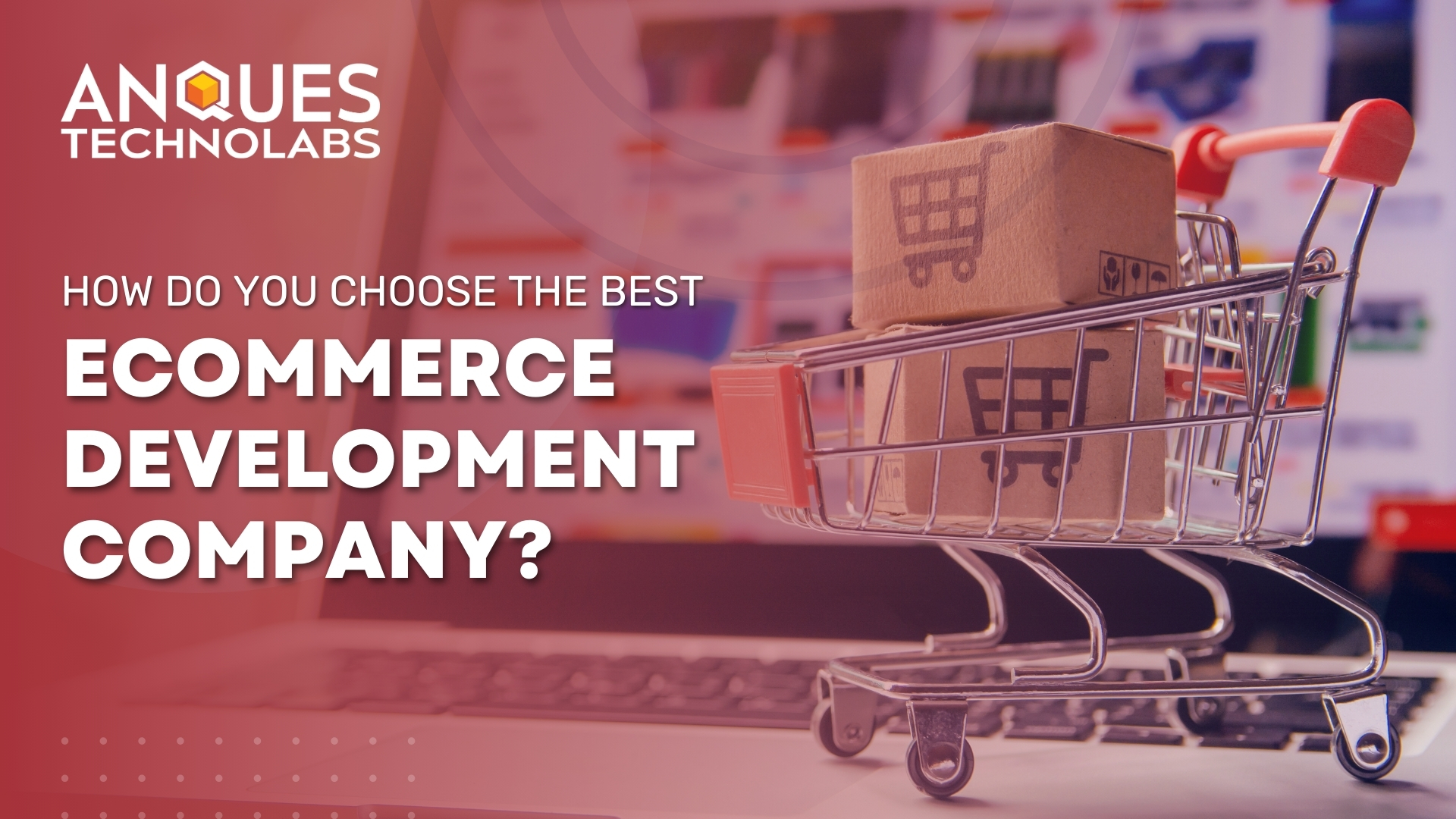Top Five E-Commerce Plateforms
WooCommerce is not an ecommerce platform in itself. Instead, it is a plug-in for WordPress Web Development. This makes it a popular choice for smaller companies who may already have a WordPress-based website and are looking to expand their online presence into ecommerce.
There are many different ecommerce platforms available, however, and choosing the correct one is driven by a wide variety of factors.
Not only do you need to look at the features that you need for your operation and to deal with your growth plans, but you need to consider whether you want a platform that is in-house or hosted in the cloud; whether you want proprietary or open source; and whether you want to integrate it with an existing online presence or sell via established platforms such as eBay and Amazon.
With the advent of Google’s mobile-first index and so much online traffic now coming from mobile, you’ll want to make sure your ecommerce platform creates and optimizes a mobile version of your site, so you appear in mobile search rankings as well as desktop.
You also need to think about the suitability of your chosen platform for your industry sector. Many platforms offer templates and options that are optimized for use by specific types of businesses.
But what’s right for one company may not suit another so it’s important to weigh the various options carefully and to seek expert advice where necessary.
Let’s have a look at some of the major players in the ecommerce market and what they have to offer.
1. Shopify
Shopify is one of the best-known of all the ecommerce brands and is easy to use, allowing you to design a professional-looking website with minimal expertise. There are a range of templates to get you started quickly, or you can design a site from scratch.
This ease of use doesn’t compromise Shopify’s extensive functionality. These include a useful dashboard, as well as real-time analytics, and a whole bunch of useful reports.
In addition to selling directly from the Shopify platform, it can help you to produce listings for eBay, Amazon Marketplace, and Facebook.
There are multiple secure payment options available on the Shopify platform including PayPal and Bitcoin. In addition, comprehensive analytics options enable you to keep a close eye on how your online store is performing.
Pricing is based on your business stage and scale, but whether you’re looking to sell clothes or vaping equipment on your website, Shopify offers an affordable option for smaller businesses with prices from around $29 USD a month. It also caters to much larger operations with prices rising to $299 USD for its Advanced package.
Shopify offers hosting too so there’s all you need to start an ecommerce site in one place. A 14-day free trial is available via the Shopify website.
Key features:
- Fast loading
- Easy to set up
- 1-click selling option
- Good SEO performance
2. Magento
Magento is another leading brand in the ecommerce sector. It’s flexible so it will grow along with your business; you can launch a site quickly and adapt it to your changing needs as the business evolves.
There’s a strong online community sharing information about getting the most from the platform and specific versions are available for a number of industries including fashion, food, and automotive.
Magento is a self-hosted system which means you need to download the software and install it either on your own server or on your choice of cloud platform.
Magento requires pretty sophisticated programming skills and a good understanding of how it works, so it’s definitely not for beginners and will mostly be implemented through a web design agency. Costs therefore aren’t entirely transparent and costs to run are based on your revenue.
Key features:
- Lots of options
- Good SEO performance
- 1-click selling option
3. Big Commerce
Big Commerce allows you to create a storefront for your business that can be integrated with other commerce platforms including Amazon, eBay, Instagram, and Facebook.
There are features to manage payments, handle shipping, and control inventory. Big Commerce has secure payment gateways for many different services already integrated into the platform, making setup a simple process. It has flexible tax options too to take account of overseas orders.
Big Commerce can be used on a software-as-a-service (SaaS) basis, but it can also be integrated with other content management systems, including the market leader, WordPress.
This makes it a flexible option that can accommodate a range of needs. Again there are options tailored for use in specific sectors including manufacturing, food, and fashion, and lots of templates to help you get started.
There’s a free trial available from the website and pricing starts at $29.95 USD for the standard package up to $249.95 USD for the Pro package which includes Google reviews and custom SSL. An enterprise package is available on request.
Key features:
- Scalable and flexible
- Links to multiple sales channels
- Good SEO performance
4. WooCommerce
WooCommerce isn’t an ecommerce platform in itself. Instead, it’s a plug-in for WordPress. This makes it a popular choice for smaller companies who may already have a WordPress-based website and are looking to expand their online presence into ecommerce.
There’s a thriving online community if you’re looking for help and advice, and there are many extensions available to expand WooCommerce’s capabilities, including plugins for SEO, multilingual sites, and conversion rate optimization.
If you’re looking to expand you’ll need to host your own WordPress site, however as the platform does not come with an option for hosting. There are, however, a wide selection of downloadable themes allowing you to build a site and start selling quickly.
WooCommerce is a free WordPress plugin but there are obviously costs associated with hosting your domain and many of the themes and plugins available.
Key features:
- Strong SEO options
- 1-click selling options
- WordPress compatible
5. Squarespace
The main attraction of Squarespace is that it allows you to build and customize a website with minimal technical skills. The platform is focused on building a brand and making sales.
There are no plug-ins and no need to worry about the behind-the-scenes coding. One of the downsides to this though is that Squarespace isn’t particularly easy to customize for SEO.
There are a range of templates available to get you started with options to suit different sectors. It’s a platform that is particularly popular with creative businesses such as designers and artists.
Integration options with other sales channels are more limited than with other platforms and there are fewer payment options. You can sign up for a free trial from the website.
SquareSpace pricing comes in two tiers, with the personal package costing £10 and the business package costing £15; the latter includes a host of additional benefits including promotional pop-ups, mobile info bar, and unlimited contributors.
Key features:
- Easy setup
- Minimal expertise needed
- Stylish templates
you’ll still need a properly developed SEO strategy in order to rank your shiny new website in Google.
Check out our ecommerce SEO guide for the low down on how to go about this, better give us a call.
The introduction is the sentence which introduces the reader to the author, the
Some authors try to make it too complex as https://healthwire.pk/healthcare/how-to-find-the-right-essay-writing-service/ to warrant the use of plagiarism but in the end, they don’t deliver the desired results.
book, and the research that is being presented.














